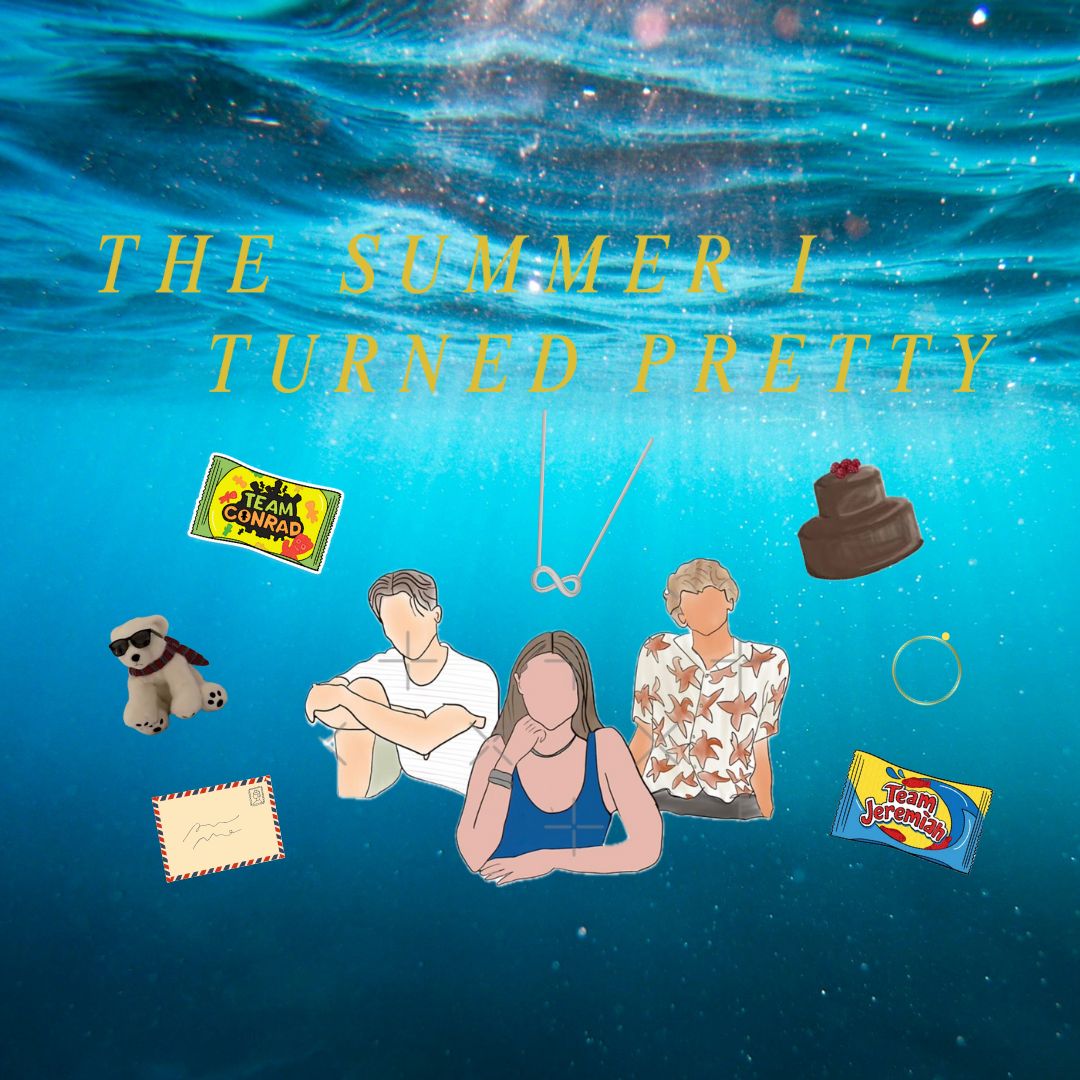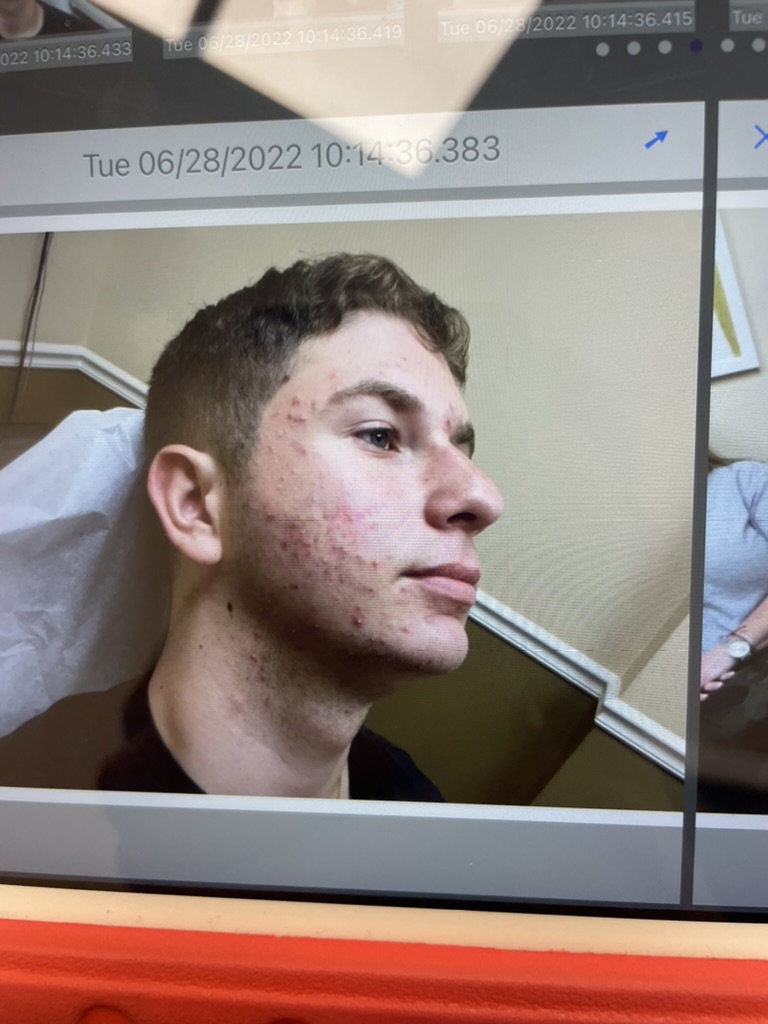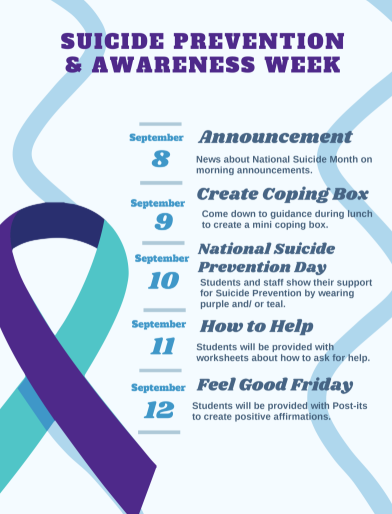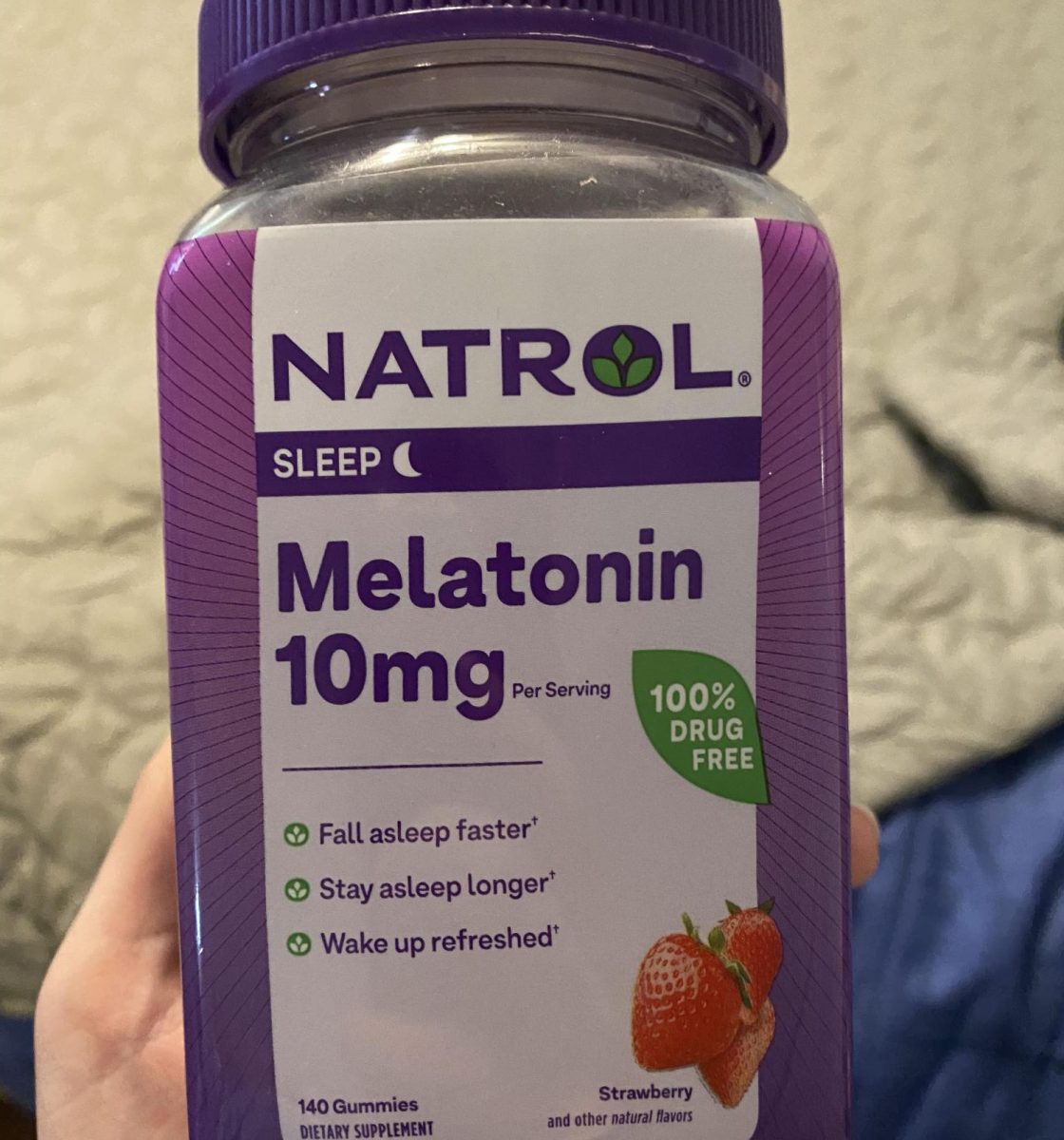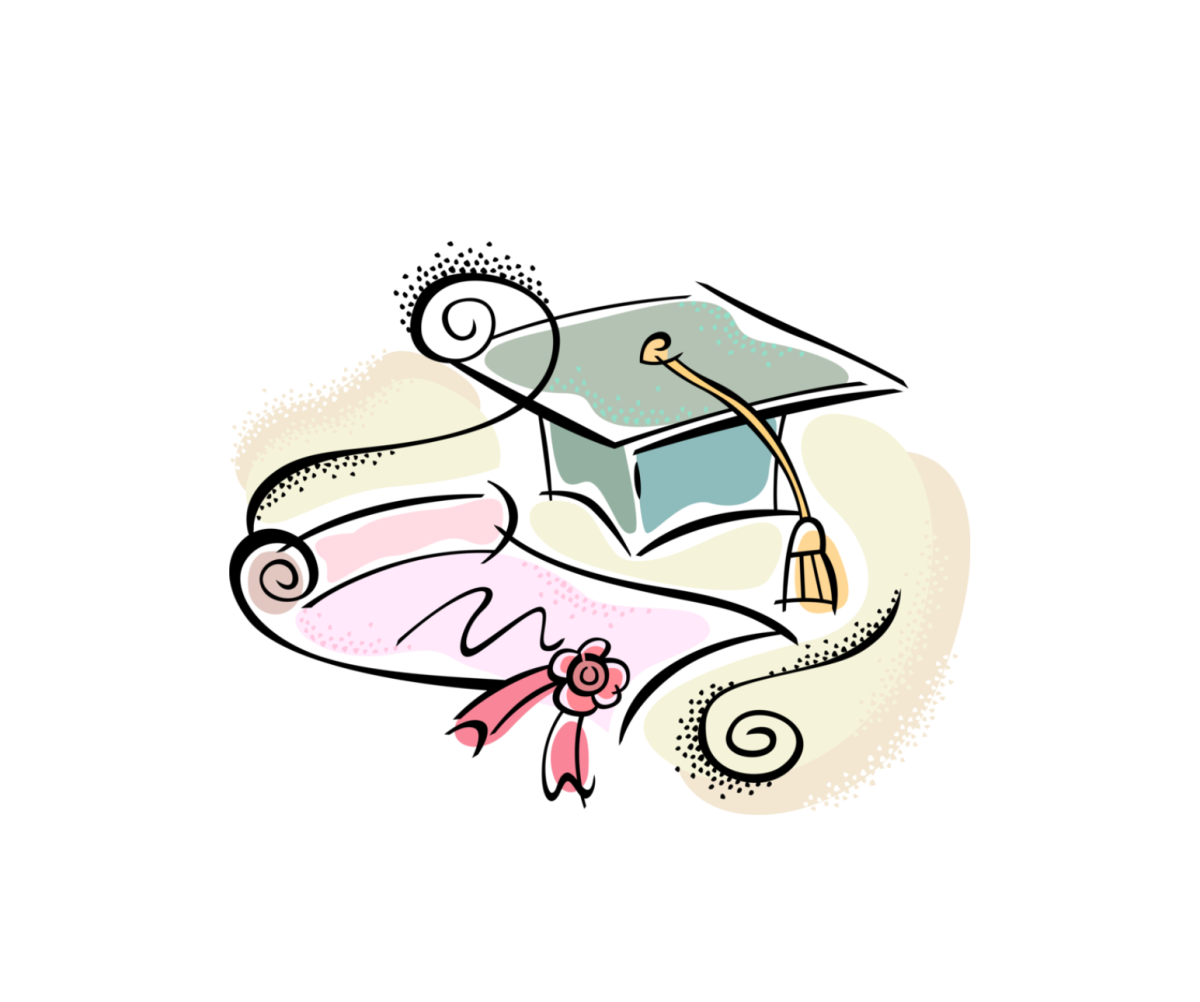Millions of people worldwide suffer from acne, a common skin condition that millions of teenagers worldwide experience. It occurs when dead skin cells and oil clogs hair follicles, which causes pimples, whiteheads, and blackheads to appear along the face, chest, neck, back, and shoulders.
This condition is often linked to hormonal changes, hence the prevalence among teens. It is due to an overactivity in the sebaceous glands, which creates an abundance of skin oils that create an environment for bacteria to grow—acne results from several factors, including stress, diet, hormone fluctuations, and heredity. Unlike what many people think, acne is not directly caused by poor hygiene, though it can be managed with regular skin care practices.
Despite the commonality of the condition, acne can often have negative social ramifications that make having the condition difficult to manage. In a research paper published in a peer-reviewed medical journal, Dr. Crystal Zhou explains, “A survey of 250 adolescents and young adults aged 13–25 years with moderate to severe acne vulgaris revealed a significant association between acne severity and body image disturbances.” This is caused by the delicate formation of the brain during the pubescent years, which can result in permanent damage to a person’s body image.
For teenagers who struggle with acne, social situations can be a stressful place. Social withdrawal brought on by fear of criticism or rejection can damage friendships and impede the growth of important social skills since teenagers may perceive themselves as different or less socially desirable than their peers.
The psychosocial consequences of acne can worsen anxiety and depression as a result. Persistent stress brought on by social interactions and appearance concerns can be detrimental to mental health, which may affect academic performance and general quality of life.
There are solutions, though. Isotretinoin, or Accutane, is a treatment for severe acne that is known to completely erase the issue. It is the most commonly known treatment option on the market but is often avoided for mild cases due to its potency. It’s delivered as a pill taken twice daily, and a full treatment lasts around 6 months from the first pill.
It’s effective, too. According to Dr. Layton, a researcher published in the National Library of Medicine, points to Accutane’s expectation of remission in 4-6 weeks of the initial dose as evidence of its effectiveness. No other treatment option, such as over-the-counter creams or antibiotics, has nearly the rate of success that Accutane bolsters, which expects the vast majority of patients that go on it to experience perfect skin.
This is due to its comprehensive approach to achieving clarity, effectively remapping the entire structure of a patient’s skin throughout usage. Accutane targets that same hormonal gland to block overproduction of oil, while simultaneously targeting skin cells to reduce inflammation and clear out existing hair follicles. Patients who have taken Accutane (such as myself) can see and feel their skin changing on a day-by-day basis. Once treatment ends, Accutane can take as much as 3 months to be fully removed from the system, which further contributes to its ability to prevent remission.
Accutane isn’t without risks. One of the most serious concerns about Accutane is the possibility of severe birth defects. Pregnant women are strongly advised not to use the drug because it has been linked to abnormalities in developing fetuses’ central nervous systems, faces, ears, eyes, and hearts. To reduce this risk, strict pregnancy prevention measures, including the use of two types of contraception, are implemented during treatment. Despite these precautions, unintended pregnancies can still occur, emphasizing the importance of extreme caution.
Certain side effects associated with the medication are unavoidable and must be combatted to successfully achieve clear skin. As explained by the AAD (American Academy of Dermatology Association), Skin dryness, caused by the suppression of natural facial oils, are incredibly common among Accutane patients. A personal recommendation as someone who has experienced this dryness is to purchase a petroleum based jelly, such as Aquaphor, to combat the severe dryness on the lips and face. Despite any attempts to limit the constant dryness, cracked lips are a staple of the Accutane experience, and avoiding such a fate is nearly impossible.
While Accutane is intended to assist people in physical appearance, it can often make patients look worse while on the drug. Take hair thinning as an example, which is a common side effect among male patients. While hair often returns to its normal thickness, the period of hair loss during treatment can leave those same feelings of self-consciousness that Accutane is designed to stop
Mental health is a highly debated subject of Accutane’s effects, as multiple studies point to its use increasing the risk of debilitating depression during use. While this is not proven, using Accutane is officially not recommended for those with a history of mental health challenges or hereditary depression concerns.
Reports of persistent dryness, joint pain, and vision changes after stopping Accutane are a few of the long-term, or even in some cases permanent, effects that the drug can have on its users. The alterations made to the endocrine system as a whole are permanent, which is the primary reason for the decreased risk of remission.
Additionally, the financial aspect must not be overlooked. Accutane is a costly medication that can be impractical for some people seeking effective acne treatment. Multiple dermatologist visits, laboratory tests, and medication can all add up to a significant financial burden.
Overall, the decision on whether or not Accutane is worth taking is a highly personal decision that should be made with care. While there are certain health risks that are associated with Accutane, weighing the risks and rewards is a necessary conversation to have with a health professional. No matter your decision on whether or not Accutane is a smart choice, remember that acne doesn’t define who you are as a person. Achieving clear skin is an amazing feeling that can be well worth it, but don’t make a hasty decision on the basis of a perceived improvement in physical attractiveness. Be confident in who you are, acne or not.


















